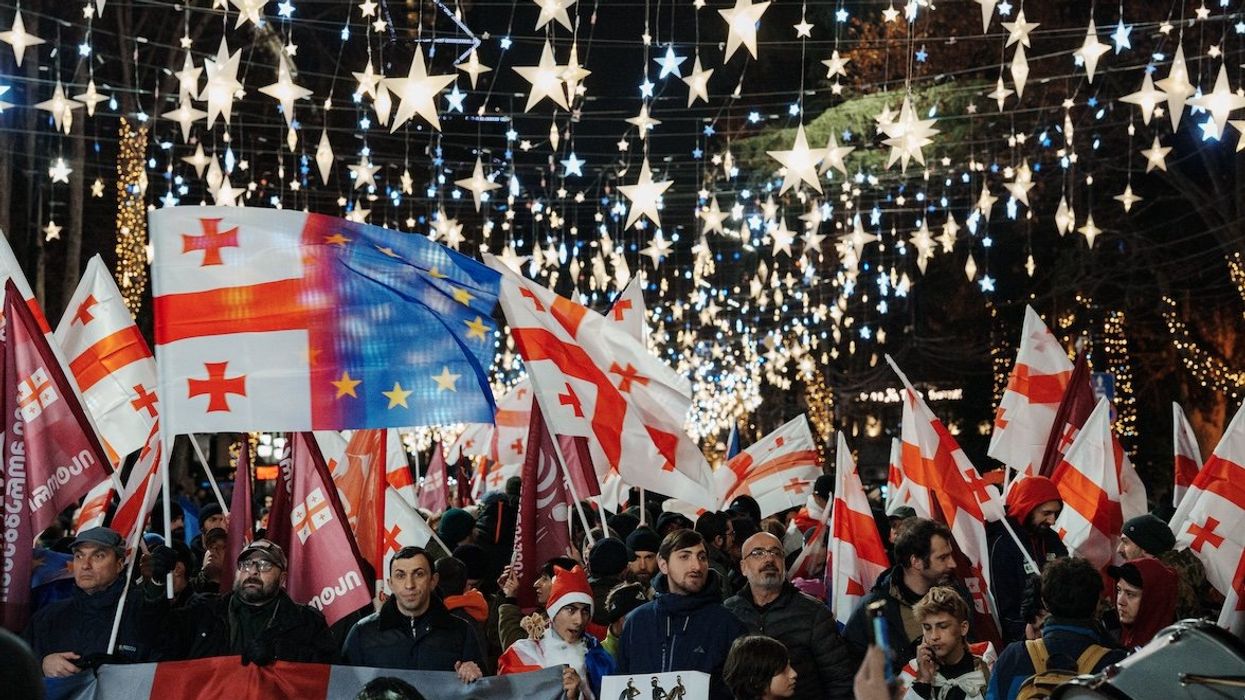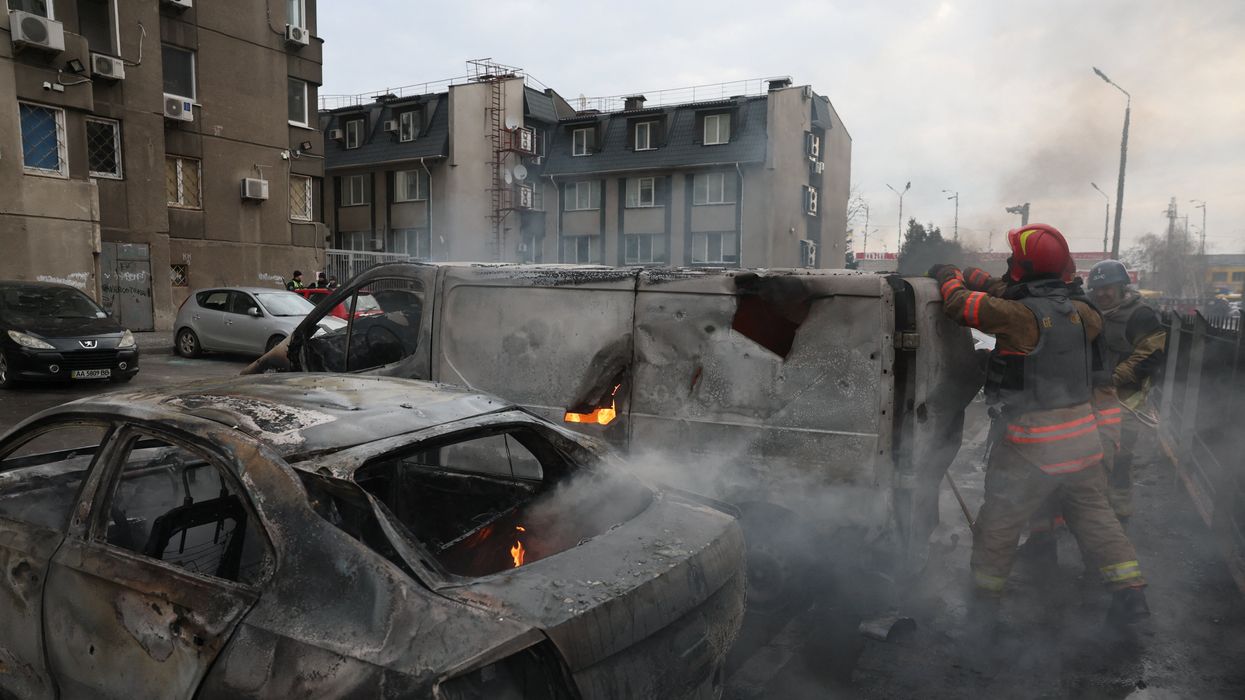What We're Watching
Georgia’s new president sworn in amid protests
On Sunday, Georgia inaugurated President Mikheil Kavelashvili amid growing demonstrations and accusations of election fraud perpetrated by Moscow. Kavelashvili, a former soccer player, was selected by a 300-member electoral college controlled by the ruling Georgian Dream party, which now dominates every major government institution.
Dec 29, 2024


